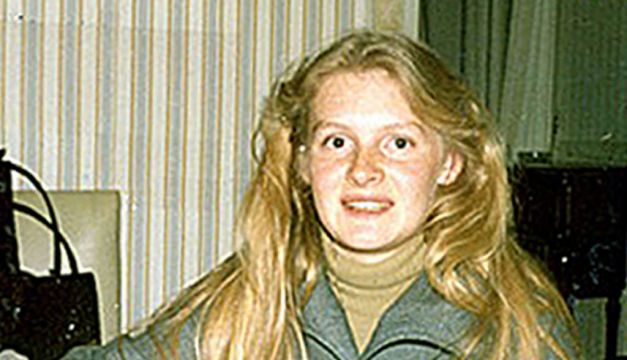The Garda chief has said the cold case review into the murder of Sophie Toscan du Plantier in west Cork could be “really important and worthwhile” in identifying her killer.
Gardaí have vowed to approach the review with “an open and investigative and inquiring mind”.
Garda Commissioner Drew Harris said the high level of interest in the French filmmaker’s killing 26 years ago, including documentaries and podcasts into what happened, may have “triggered” something in people’s minds.

The 39-year-old’s badly beaten body was found outside her holiday home in Schull, Co Cork, in December 1996.
Mr Harris said looking again at all aspects of the case could help to identify the killer.
Earlier this week, gardaí said that, following a review by the assistant commissioner for organised and serious crime, the Garda Serious Crime Review Team “will now conduct a full review of this case”.
On Friday, Mr Harris told RTÉ’s Morning Ireland: “We’ve looked at the information and we’ve felt then looking at the amount of information, some of the complexity of it, that we should be applying then the most up to date, modern investigative techniques, and that includes a forensic review as well.
“We do feel that this is a useful process and exercise to undertake. We think that it may prove really important and worthwhile in terms of identifying the perpetrator of this awful crime.”
The decades-old murder and subsequent investigation has sparked much interest, and Mr Harris said seeing or hearing programmes around it might have prompted someone to remember something key.

He said: “The only thing I would say now is it’s been the subject of a number of high profile documentaries, and also podcasts and books as well.
“So there’s a lot of information out there, something may have been triggered in an individual’s mind, a piece of information, which if they do know that and feel its useful to us, they should come forward.”
He insisted the review will be “properly resourced”.
Asked about mistakes made in the past in terms of the investigation, Mr Harris said: “The review starts from, as I say, day one. We work our way forward. If evidence has been lost, or was irretrievable, then we have to just work our way with that. This is also the object of finding new evidence, finding new leads and working our way through those as well.”
He rejected a suggestion it could be “a futile exercise”, given the passage of time.
The Commissioner said: “It’s not a futile exercise. If we felt there was to be no hope in this we wouldn’t undertake it. We’ve already been through a process to say that this is work worth doing.
“And it’s worth, in effect, applying resources to this to bring in effect, an outcome which identifies a suspected perpetrator and report them to the Director of Public Prosecutions.
“This is an investigation and we approach it in that way, we approach it with an open and investigative and inquiring mind.”

In October 2020, the High Court in Ireland rejected an attempt by French authorities to extradite Ian Bailey for the murder.
Mr Bailey was facing a third extradition process to France in relation to the filmmaker’s death.
The court ruled that he would not be surrendered to France after a European Arrest Warrant (EAW) issued in 2019.

Mr Bailey, with an address at The Prairie in Schull, was convicted of murder in his absence by a court in Paris in May 2019.
The three-judge court imposed a 25-year sentence. He had no legal representation for the case, did not attend the court and described it at the time as a farce.
He has always denied any involvement in Ms du Plantier’s death.







